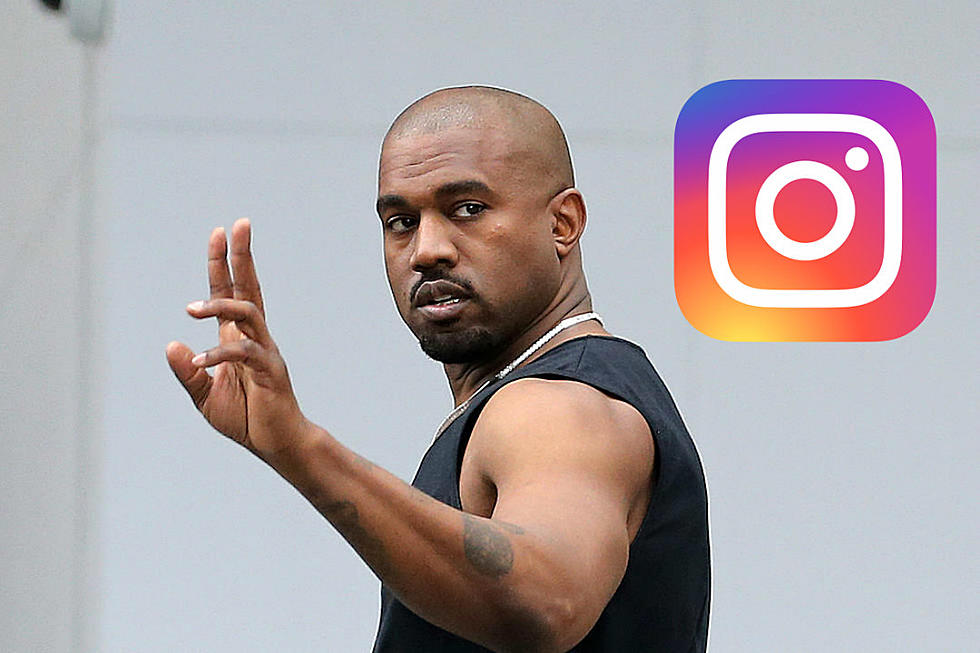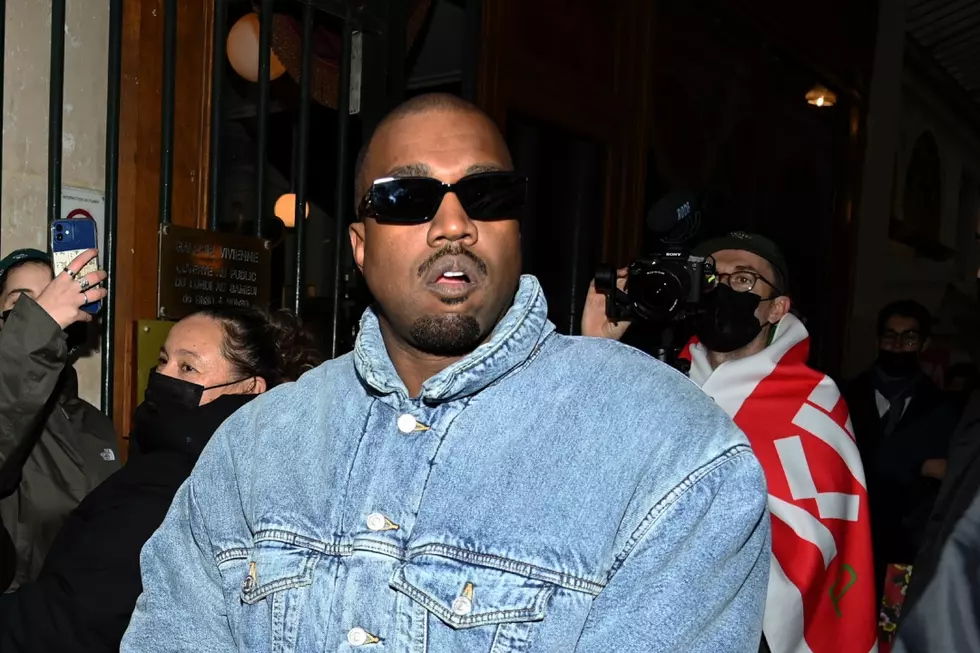Songs in the Key of G
“They want the hard music from me. They want what I fell in love with from KRS-One and Criminal Minded… And, I understand it because what they would say is wrong with a 50 Cent record is what they enjoy from Drake. ‘I want this s--- forever, babe.’ When he’s singing on his choruses nobody has an issue because he doesn’t come from a tough background.”
50 Cent touches on the importance of rap identity in the bedazzling interview with a lost-sounding Kendra G above. The institution of rap identity entails the need to assign or associate a persona or character to an artist. This identity then determines the kind of music said artist is allowed to perform. Rappers who have chosen "gangsta" identities can’t sing on their records. The Kanye Wests of the world can’t pen and perform hardened, violent street tales. Upholding this ridiculous standard was the platform that propelled 50 Cent into stardom as he shoved Ja Rule’s head into the toilet, Leon Isaac Kennedy style. Yet, a more mature, satisfied 50 Cent condemns the institution today.
[Blogger’s Note: 50 Cent didn’t end Ja Rule’s career. Ja Rule’s fans' abrupt abandonment ended it.]
“[Ja Rule] was actually trying to hit notes. Like, going away from just using the monotone singing bass in your speaking voice.”
-50 Cent, Kendra G Radio Show via Rerrlstar
50 Cent issues a formal excuse for why his girly gangsta sing-alongs are more acceptable than Ja Rule’s. Apparently Rule tried a little too hard to be a real singer, which, as you remember, wasn’t gangsta enough. In 50’s mind, Ja Rule’s attempts to hit notes made his music fraudulent and unworthy for public consumption. 50 believes that he never left the confines of what he calls “monotone singing”. I don’t know what that’s supposed to mean, but I am assuming he’s implying that he stays within a certain gangsta-safe octave. In which case, 50 Cent has explored high notes far more than Ja Rule ever did. Rule’s voice could never escape the threshold of a growl. 50, however, has songs like “Best Friend” and “21 Questions” that strike farther right on the keyboard than anything Rule’s ever attempted.
Why should artists perceived to be tame, such as Drake, be the only rappers allowed to explore melody this way? When did melody become the universal indication of weakness? Surely not in the early and mid nineties when Bone Thugs –N- Harmony broke sales records as, well… thugs in harmony. Flesh –N- Bone just came home from an 11-year stretch over some of the “real nigga shit” that has become more valuable to rap careers than music has. I don’t think anyone in popular music alarms me more than Bizzy Bone. These men’s respective gangsters are not questioned, but their music is melodic in every sense of the word.
Aspiring rapsters, take note. Melody is important to music. Contrary to popular belief, there’s melody in rap as well, even when people aren’t singing, per se. We can all use our voices as instruments. When people like the sound of said instrument, you’ve got something. Why should anything more matter?
Being “hard”, “real” or, my personal favorite, being from an environment associated with either quality are not important to artistry. But, even if they were, why would the use of melody in song negate these principles?
Questions? Comments? Requests? And, I know you’re gettin' boooooored… ron@ronmexicocity.com
P.S.: There's a greater discussion to be had in 50's comparison of his own "hard" music with that of KRS-One's.
P.P.S.: Did 50 also imply that people shouldn't make music their listeners can't recreate? Listen to 50's Musiq Soulchild analogy.
More From XXL









